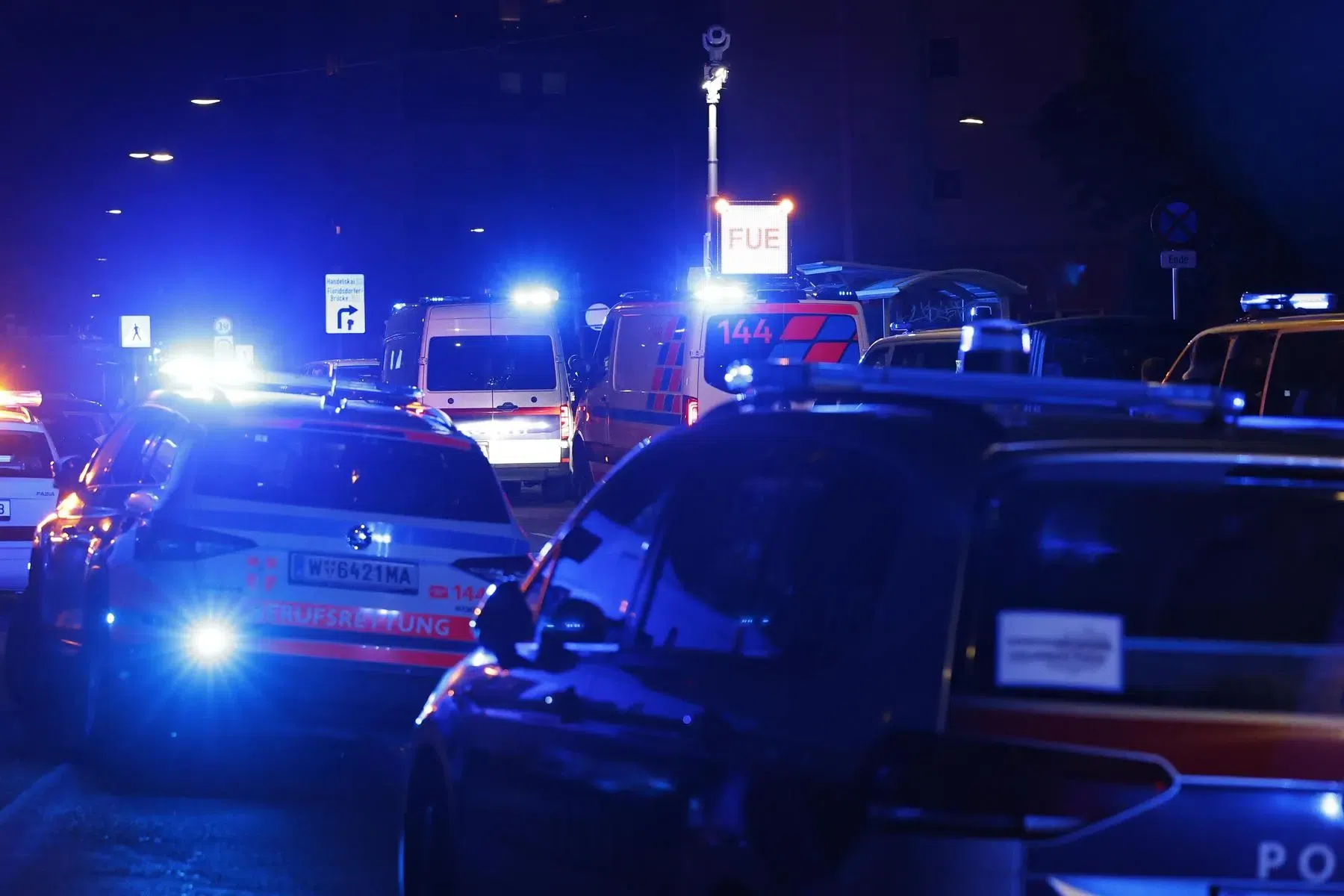Sold by the theater is not an alibi for the Minister of Neculture

Culture does not fall in one night.
The author is a theologian, probation clerk and commentator
The Ministry of Culture rejects the claim that culture is falling. The Slovak National Theater, the Philharmonic and the Banská Bystrica Opera tend to be sold out. And the National Museum has record sales.
Such an excel view is deceiving. Sales grow, but culture is declining.
The Ministry of Culture has decided to fight the way of bearing manufacturers or – let’s be more merciful – municipal operators and amusement parks. People walk, buy tickets, so there is nothing to worry about. Critics are just a band of eternally dissatisfied, frustrated and politicized.
However, buying a ticket to SND showing does not really mean support Martina Šimkovičová. On the contrary, it is (except for ordinary interest) and a manifestation of solidarity with actors and the way to show independence from political power.
And the revenue tries is embarrassing in Počovidid’s years. They grow because people are returning and the tickets are becoming more and more expensive.
Slovak culture lives not thanks, but despite the ministry and its boss. The attraction of beauty (theater, visual or other) can resist the more pitfalls.
It was not definitely laid down by totalitarian regimes and communist censors. In the worst case, art moved to Underground, where it contributed to the development of the islands of positive deviation.
Šimkovič’s ministry is unable to cancel culture, but he managed to break culture in an extremely disgusting way.
Relationships and expectations are exceptionally talented and capable of naturally belonging to the limelight. The arrogance with which the personnel changes make it decent ways and disgusts those who would like to be involved now or in the future.
To allow the nominees in the Council of the Fund to support the arts to dismiss the director for his loyalty to the rules of the rules will not directly endanger the sale of tickets, but it will be culture as a way of coexistence and progress.
The world of culture cannot be artificially divided into its actors (actors, artists, curators or organizers) and their “customers” who buy tickets on the web.
The economic results of cultural institutions affect only one part. Of course, the audience is important. But once the actors go out in the theater and artists choose to show pictures abroad, then there will be nothing to buy tickets.
Culture does not fall in one night, it is gradual erosion and in places invisible decline.
The naivety of the tickets is disarming. Those who want to talk about what to do next suddenly fully feel the difference in mental worlds. Accounts are needed, but they do not have to devote themselves to visions.
It is the highlight of the absurdity that the theater and beautiful painting lover will haunt the idea of how the Minister of the Theater will haunt the idea of his ten or twenty euros at the next visit to the cultural institution.







